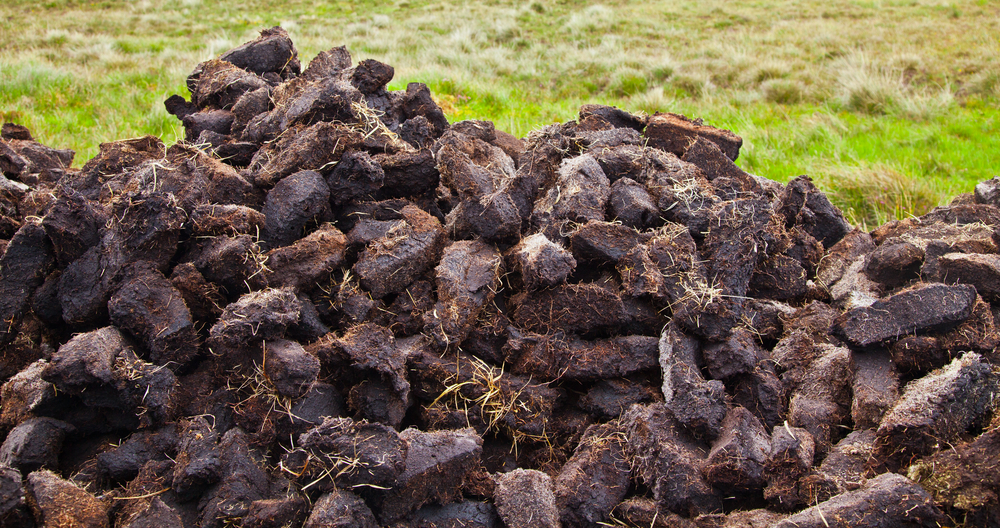Teagasc has launched the AgroFossilFree project in association with the Centre for Research and Technology–Hellas (CERTH).
The project aims to tackle issues surrounding the high usage of fossil fuels in agriculture.
Those behind the initiative said that within the agricultural sector, there is still an important gap between such developments and the actual adoption and use of the available tools and practices by the EU farmers, especially for the large number of small and medium producers with limited access to information.
The AgroFossilFree project will aim to contribute to the “high level” EU strategies (EU Green Deal, Farm to Fork strategy) as it aims to decrease the use of fossil energy in any farming process from cradle-to-farm gate, while maintaining yield and quality of the end-product.
It also aims to contribute in closing the gap between the available FEFTS with the everyday EU agricultural practices by promoting exchange of ideas and information between research, industry and the farming community.
Teagasc is the Irish partner in the AgroFossilFree project.
‘We need to improve our energy security’
Barry Caslin, Teagasc renewable energy specialist said:
We need to improve our energy security by reducing our dependence on imported fossil fuels. At individual farm level, investment in renewable energy will reduce the high cost of energy inputs and can also provide an additional source of income for the business.
“AgroFossilFree is a valuable research project in creating such awareness of the benefits of renewable technologies in farm businesses, and the European contacts and links made here will help Teagasc to develop our future strategy on renewables.”
“The next few years will see a dramatic uptake in renewable energy generation on farms. AgroFossilFree will provide a good opportunity to review existing technologies,” he continued.
Irish energy policy is heavily tied to European legislation, I am confident that renewable energy opportunities driven by a policy framework will open new opportunities in Irish agriculture.
“Ireland’s Climate Action Plan has developed a path on carbon-reduction initiatives and global policy drivers such as the Paris agreement on climate change is forcing such changes in the way we both produce and use energy,” he concluded.
